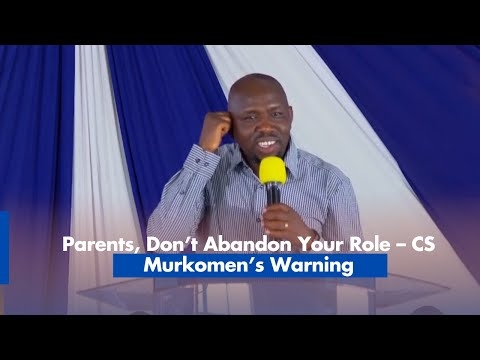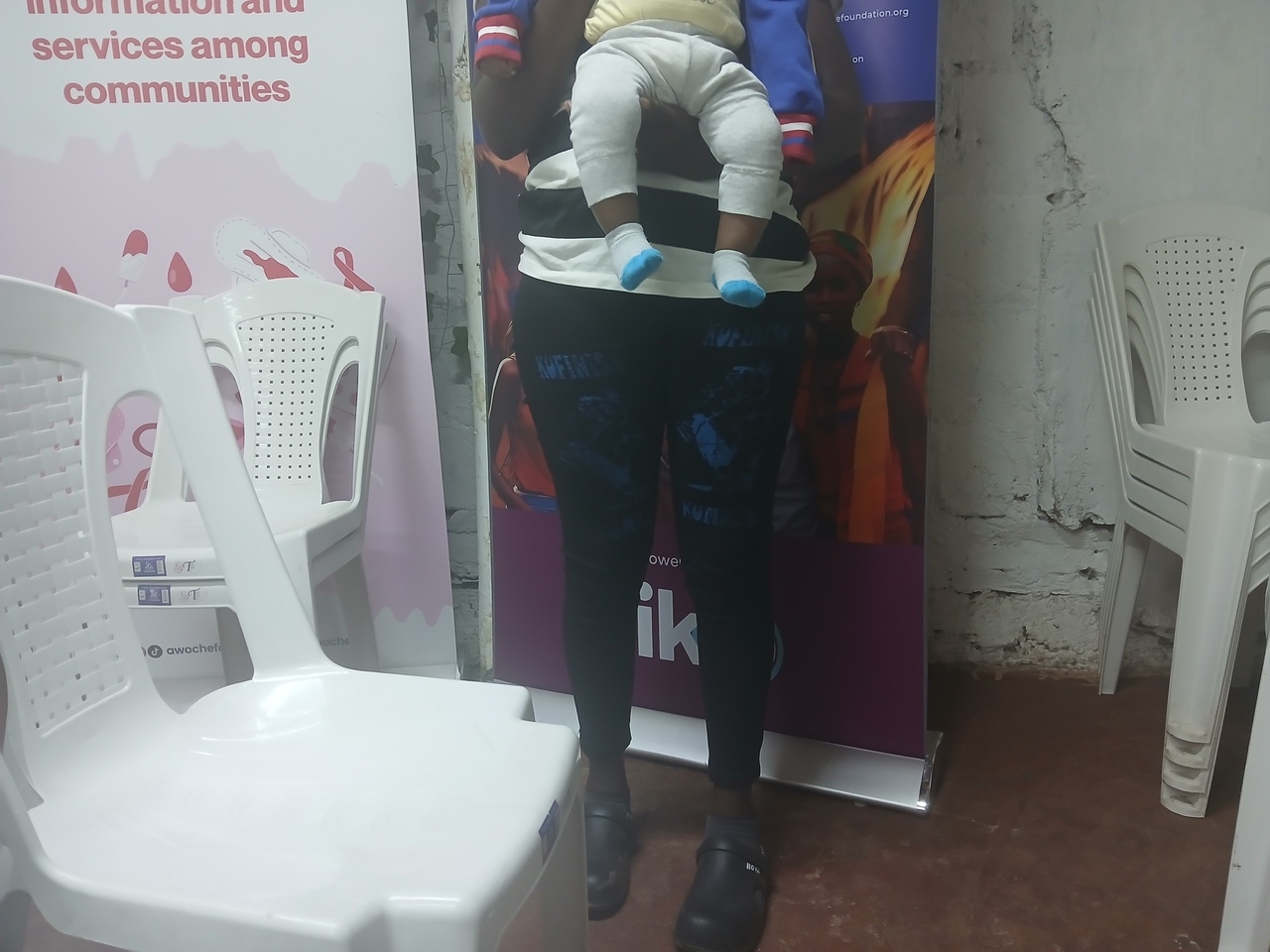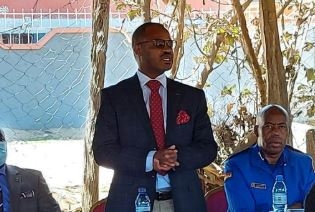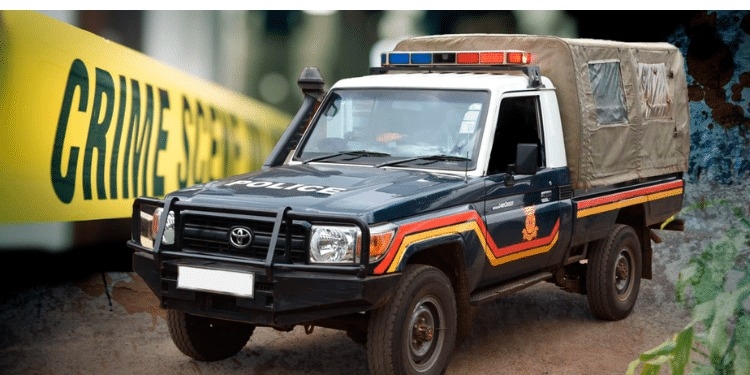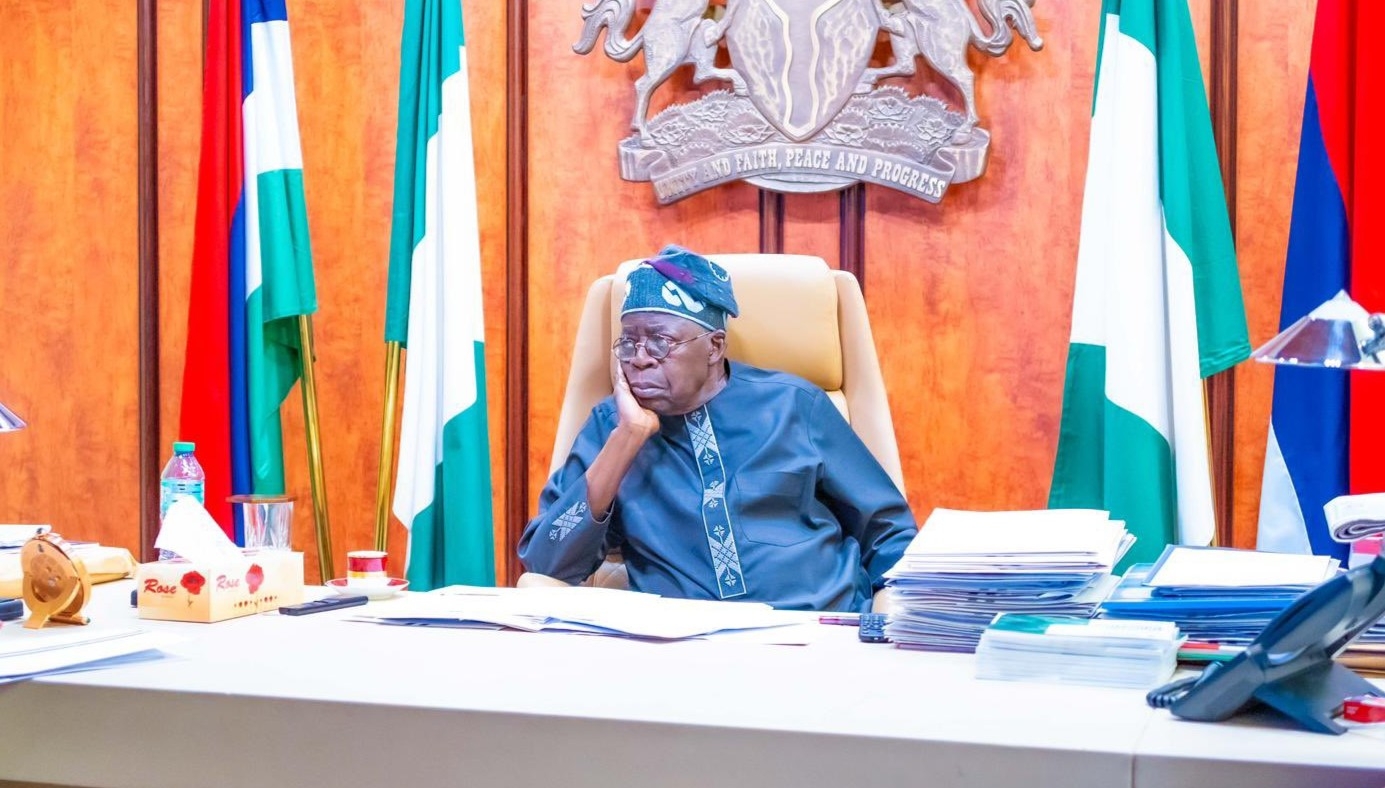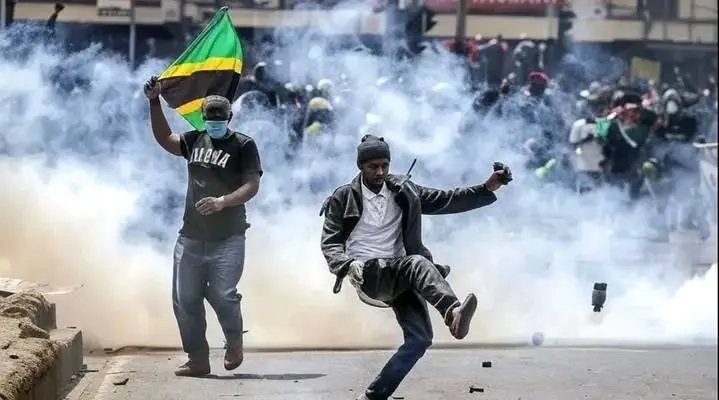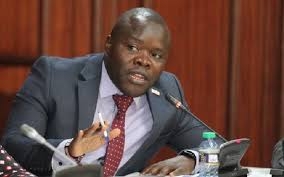Health Principal Secretary Susan Mochache is on the spot over a suspect letter she wrote directing the embattled Kenya Medical Supplies Authority to procure Covid-19 supplies from specific firms.
Mochache, whose demotion by President Uhuru Kenyatta was retracted moments after her reshuffle on Wednesday, could now become a person of interest in the Covid-19 funds probe.
On Thursday, the Kemsa board chaired by ex-Murang'a Senator Kembi Gitura appeared to throw Mochache under the bus in the Covid-19 procurements mess.
The board told the National Assembly Health Committee how Mochache wrote to the agency trying to direct on how to procure the Covid-19 emergency supplies.
In her letter dated April 15, Mochache specified to Kemsa the items they were to procure, listed specific suppliers they were to source them from, as well as the prices.
Through the letter, which Kemsa officials termed as unusual, Mochache authorised the procurement of goods worth Sh758.7 million.
“Disregard all other requests made in relation to Covid as they may have been captured under this approval,” reads the letter tabled before the Health committee.
In the letter, the PS directed the agency to source N95 face masks from specified suppliers despite higher prices.
On Thursday, Kemsa procurement officer Edward Ndungu told the committee chaired by Muranga Woman Representative Sabina Chege that the PS's order was "abnormal."
The price lists attached to the letter show a stark discrepancy in prices with the company that bid the least given the lowest quantity to supply.
For instance, Mission for Essential Drugs - which charged Sh250 a piece - was allocated 1,000 face-masks while Megascope - which bid at Sh900 a piece - was allocated 10,000 pieces.
The agency would have bought more supplies if the tenders would have been awarded to the lowest bidder.
However, Mochache's letter, which will now be at the centre of the probe by investigative agencies, occasioned taxpayers billions of shillings in high prices of goods supplied.
According to the letter, Mochache directed Kemsa to buy 9,900 pieces from KEMA EA Ltd at Sh700 a piece; 4,000 pieces from Biroyal at Sh700; 2,100 pieces from Encartar Diagnostics at Sh700 per piece and 1,000 pieces from Shil Trading at Sh900 a piece.
The PS directed the agency to acquire 10,425 full PPE kits from Megascope; 493 from Tikasan Holdings; and 792 from Faram EA at Sh9,500 a piece.
She also instructed Kemsa to source ventilators from Megascope which supplied 30 pieces at Sh2.8 million each; 11.5kg medical oxygen from BOC Kenya and quarantine tents.
Mochache further directed purchase of lab reagents and consumables.
MPs raised issues with the price variations and why expensive bidders were awarded the lucrative contracts at a time the country was frantically sourcing for Covid-19 supplies.
On Wednesday, Uhuru moved Mochache and appointed her PS Medical Services in what was seen as a major demotion as the president sought to crack the whip at Afya House.
However, the communication announcing the changes was withdrawn in a huff an hour late, lifting the lid on the intrigues likely to cloud the Covid-19 probe.
The Star has established that the President is planning far-reaching changes at the graft-ridden Afya House after 21 days given to investigating agencies to conclude their work.
Ironically, when Health CS Mutahi Kagwe appeared before the same Health committee last week, he said the ministry had not given instructions to Kemsa on how to procure goods.
“The ministry does not micromanage institutions. It only comes in at the policy level, and not micro level,” the CS said.
On Thursday, the committee questioned Mochache in light of the revelations in her letter to Kemsa.
“It will be the wisdom of the committee to verify the document and counter check the details they (MOH officials) gave,” Chege said.
There have been questions regarding the expenditure of Covid-19 emergency funds, largely those sourced from international donors and the World Bank.
MPs queried how the agency would proceed to make payments for the supplies in the face of “the established fraud in the mode of procurement.”
It also emerged at the meeting that the medical supplies agency engaged some companies before the procurement process was complete.
The committee heard that some companies were given commitment letters to supply items and were to agree with Kemsa on the prices later.
Kemsa board chairman Kembi Gitura was hard-pressed to explain how the agency would offload a stock of PPE and other supplies worth Sh6.2 billion lying in its stores.
Taxpayers are staring at the possibility of losing Sh2 billion from the purchases as the same was done at the high prices that prevailed when Covid-19 first struck.
Gitura said the sales went down after counties started purchasing their own PPEs following a directive by the President.
“We procured in good faith. Although the Kemsa Act says counties must procure from Kemsa, the President opened the window for county governments to buy from outside.”
The chairman said figures bandied around are false, denying claims items from donors such as Jack Ma were sold.
“We have proof showing what we procured at what amount. The facilities where the donations were taken to can be traced and the delivery notes are available. The allegations that they disappeared or were sold are not true.”
Kemsa board also stated that the agency did not get cash from donors but equipment, which it warehoused for the national government and distributed.
Gitura dismissed the claim that taxpayers have lost Sh43 billion in fraudulent procurement, saying the agency has since March received Sh2.18 billion from the Health ministry.
He explained to the committee that Sh1.5 billion of the amount will be spent on reagents and test kits – which is yet to be spent.
Gitura said Sh300 million was for procurement of locally manufactured reusable face masks while Sh77 million was spent on PCR kits of the allocated Sh88.9 million.
He explained that Sh304 million was used to settle payments for some items – which was part of the Sh758 million Mochache gave instructions on.
MPs also raised questions about the involvement of Kilig Ltd, which was touted to have supplied items worth Sh4 billion.
Edited by Henry Makori



